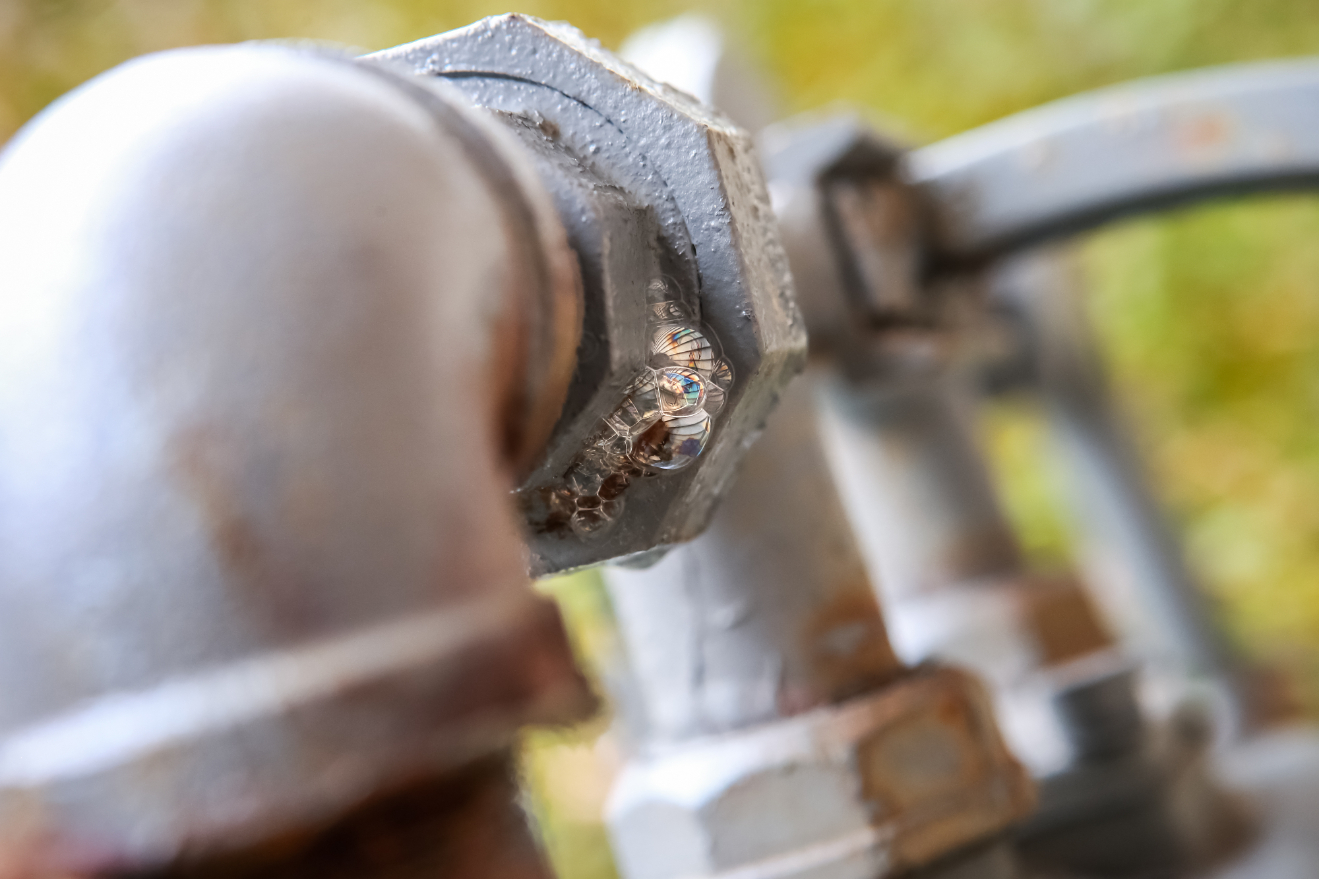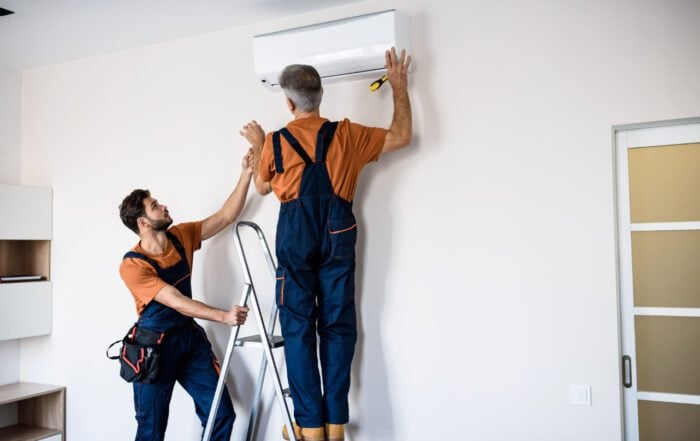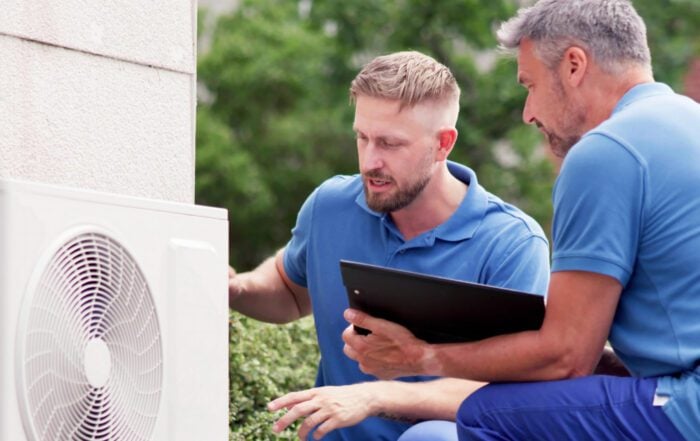Leaking gas can be a serious and potentially dangerous situation. Whether you smell gas or suspect a leak, it’s important to act quickly and carefully. We will discuss the steps you should take if you find yourself in this situation.
What is a Gas Leak?
Firstly, it’s important to understand what a gas leak is. A gas leak occurs when there is an unintentional release of natural gas or propane from a pipe, appliance, or storage tank. This can happen for various reasons such as damaged pipes, faulty appliances, or poor ventilation.
is. A gas leak occurs when there is an unintentional release of natural gas or propane from a pipe, appliance, or storage tank. This can happen for various reasons such as damaged pipes, faulty appliances, or poor ventilation.
Some common signs of leaking gas include:
- The distinctive ‘rotten egg’ smell coming from natural gas
- Hissing or similar sounds near your gas line or gas appliances
- Dead plants or bubbles in any standing water near gas lines
- Physical symptoms such as dizziness, nausea, or headaches when exposed to the gas
If you notice any of these signs, it’s important to take action immediately.
What To Do if You Suspect Leaking Gas?
- Leave the area: If possible, evacuate the area immediately and move to a safe location. Make sure to leave the doors open and avoid using any sources of ignition such as light switches or appliances.
- Call for help: Get safely away from the potential leak and call your local gas company or 911 for emergency services. They will be able to dispatch trained professionals to handle the situation.
- Do not attempt to fix the leak yourself: It may be tempting to try and fix the leak yourself, but this can be extremely dangerous. Only trained professionals should handle gas leaks, as they have the necessary equipment and expertise.
- Avoid using any sources of ignition: As mentioned earlier, avoid using any sources of ignition such as light switches or appliances near the suspected leak. This includes smoking or lighting candles.
- Do not re-enter the area until it has been declared safe: Once professionals have arrived and fixed the leak, they will ensure that the area is safe for re-entry. It’s important to wait for their approval before going back inside.
Preventing Gas Leaks
It’s always better to opt for prevention than dealing with a gas leak. Here are some tips to help prevent gas leaks from occurring in the first place:
- Have your natural gas appliances regularly inspected by a professional
- Install carbon monoxide detectors in your home
- Be mindful of any physical symptoms you may experience when using gas appliances and seek help if necessary
- Keep the area around gas lines clear and avoid planting trees or shrubs near them
- Educate your family on the signs of a gas leak and what to do in case of an emergency.
Remember, always prioritize your safety and the safety of those around you in the event of a gas leak. By following these steps, you can prevent potential leaks with confidence and take necessary precautions to keep them from happening in the future.
How Do Professionals Handle Gas Leaks?
Gas leaks are typically handled by professionals trained in gas safety, such as gas company technicians or firefighters. Here are some steps that they may take to find and fix a gas leak:
- Find the source of the leak: Using specialized equipment, professionals will be able to locate the exact location of the leak.
- Shut off the gas supply: Once the location has been identified, they will shut off the gas supply to stop the leak.
- Repair or replace damaged equipment: Depending on the cause of the leak, professionals may repair or replace any damaged pipes or appliances.
- Test for safety: Before allowing anyone to re-enter the area, professionals will test for gas levels and ensure that it is safe.
It’s important to trust in the expertise of these professionals when it comes to handling gas leaks. They have the necessary training and equipment to handle the situation safely and efficiently.
Dangers of Gas Leaks
Gas leaks can be extremely dangerous, and it’s important to take them seriously. Here are some of the potential dangers associated with gas leaks:
- Fire and explosion risk: Natural gas is highly flammable, and even the smallest spark can ignite it.
- Carbon monoxide poisoning: Gas leaks can also release carbon monoxide, which is an odorless, colorless gas that can be deadly in high concentrations.
- Health risks: Exposure to natural gas can cause physical symptoms such as dizziness, nausea, and headaches. In extreme cases, it can even lead to suffocation.
If you suspect a gas leak or notice any of the signs mentioned earlier, do not hesitate to take action and call for help immediately.
How Your Gas Line Works
Understanding how your gas line works can also help you better handle a gas leak. Gas lines are responsible for transporting natural gas or propane from the main supply to your home or business. They are typically made of durable materials such as steel, copper, or plastic and are buried underground.
Gas lines must be properly installed and maintained to prevent leaks. It’s important to follow proper safety precautions when working near gas lines and to seek professional help if you suspect a leak.
If You Find a Leak
Finding a gas leak in your home or building can be a stressful and potentially dangerous situation. It’s important to remain calm and follow the necessary steps to handle the situation safely. Remember to prioritize your safety and the safety of those around you, and take preventative measures to avoid gas leaks in the future. By being informed and prepared, you can confidently handle a gas leak if it ever occurs. So, always be aware and stay safe!
Contact Stack for Your Heating, Cooling, Plumbing and Electrical Needs!
Looking for more safety tips? Check out our other articles on gas and home safety to stay informed. Stack also offers professional heating, cooling, and electrical services in the Avon and Cleveland area as well. If you need any assistance with your gas line or other house utilities, call Stack for professional help. Visit our website or call (440) 937-9134 today!
Have Any Questions?
If this is an emergency please call 440-937-9134.
Otherwise, please feel free to call us or submit this form to schedule an appointment for service or request an estimate. We will contact you shortly!




